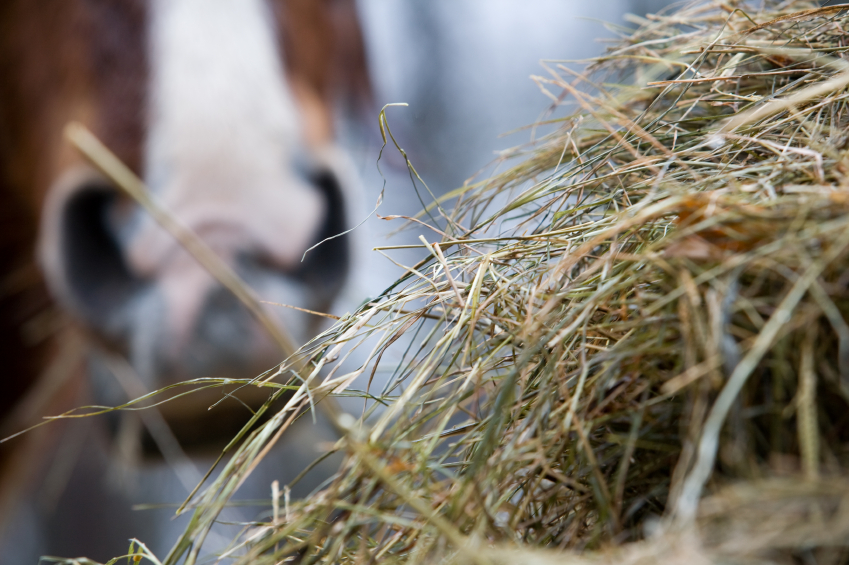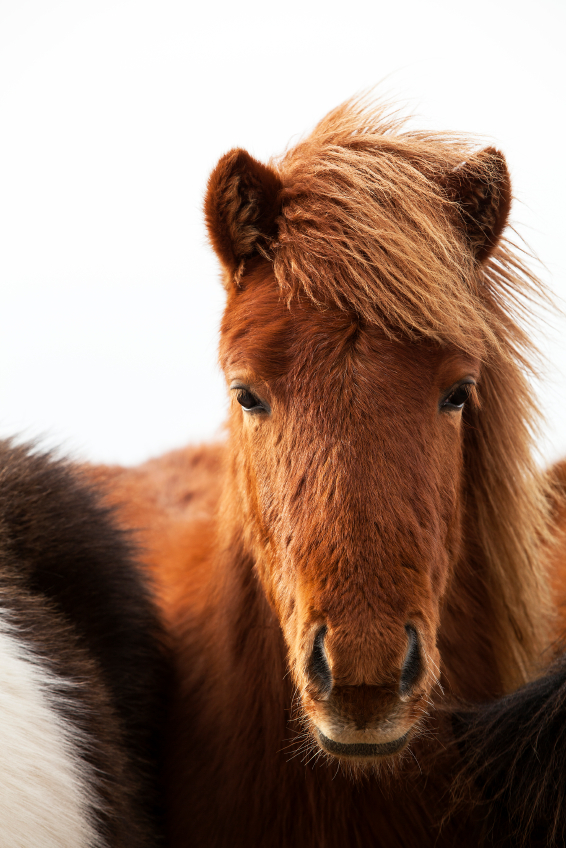Don’t fall for winter management myths...
As we head into winter, many owners will change their horses’ regime – some by choice, and some by necessity. Either way, it’s easy to turn into a worrier.
Before you end up so stressed you’re doing the human equivalent of weaving, the Feedmark team has picked out some common misconceptions to avoid:
“All horses need hard feed as the weather gets colder. “
False - many equines stay fit and healthy on good quality forage, as long as they also get a proven vitamin and mineral supplement to ensure they are getting a balanced diet. Feedmark’s Benevit Advance is so palatable even fussy feeders enjoy it, and can be mixed in with a handful of unfortified, low calorie chaff.
Forage also has the advantage of helping to keep your horse warm. This is because it’s fermented in the hindgut as part of the digestion process, and heat is a “by product”.

“Horses don’t need to drink as much in cold weather as when it’s hot.”
False - it’s just as important to keep a horse hydrated when it’s cold as when summer temperatures soar, and may be more difficult. Apart from the practical difficulties of preventing field water sources from freezing, and stable water from freezing overnight, some horses won’t drink really cold water unless they’re desperate.
If your horse is reluctant to drink, try adding a little hot water and see if he’s more eager when it’s just lukewarm. Look in the horse management books of days gone by and you’ll find that the old grooms used to advise giving “chilled water”. Confusingly, that’s what they meant: water with the chill taken off.
“Horses can be warmer outside than when standing in a stable.”
True – in some circumstances. If a horse is moving around, his muscles generate heat. If he’s standing in a stable, he won’t have the same option. However, it’s important that horses have adequate shelter outdoors, and that if necessary, they are suitably rugged.
“All horses need rugs during winter.”
False – animals with thick, dense coats may be warmer unrugged in cold, dry weather. Their coat hairs stand on end, trapping a layer of air next to the skin. This has an insulating effect. In these circumstances, an unrugged horse may be warmer than one who is wearing a thin rug that flattens the coat and negates its natural insulation quality.
However, if it’s cold and there is persistent rain, a horse may need an appropriate rug – particularly if he doesn’t have or doesn’t want to use a field shelter. If he’s reluctant to move because he’s prone to stiffness problems, Feedmark’s Best-Flex HA® can provide valuable joint support. Look at your horse as an individual and use your common sense!

“Feeding fresh carrots can make horses excitable.”
False – because while it’s true that on a dry matter basis, carrots have a high sugar content, the fact that they are 80% water absolves them from guilt! Fresh carrots actually have fewer calories and more fibre than apples. So if you want to give your horse a reward or tempt him to eat, carry on slicing.

